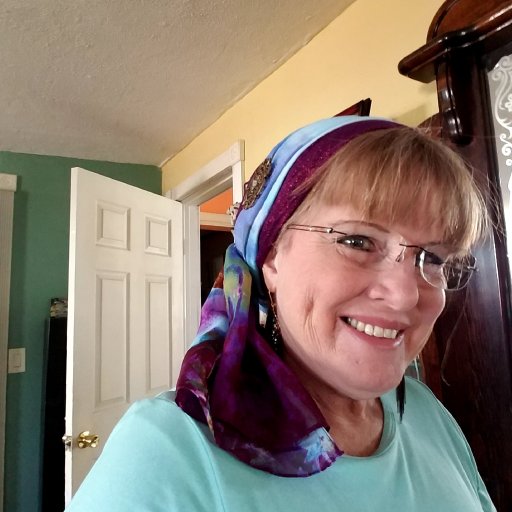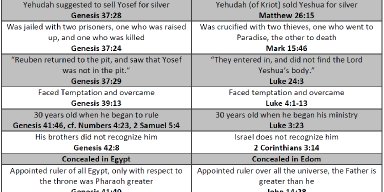TOP POSTS ON AZAMRA
Self-Transformation with Azamra!
Know! You must judge all people favorably. Even in the case of a complete rasha, you must search until you find some modicum of good in him, the part that is not evil! By finding this small drop of good and judging him favorably, you are genuinely able to lift him to the place where he has some merit and this enables him to return to his true, good self. –Likutey Moharan, 282 (Azamra)
Azamra is a foundational Breslov lesson. In it, we learn to seek out and acknowledge the good points within ourselves, no matter how negligible they might appear. By doing this, we strengthen our ability to grow spiritually. We also learn how the Tzaddik is able to find and shepherd people towards true spiritual achievement.
Rebbe Nachman of Breslov first begins this foundational lesson, however, by teaching us that we should look for the good in others. Why?
If we remember the Rebbe’s finely-tuned understanding of human nature, we might be able to recognize one of the reasons he tells us to focus outwards, first.
Haters
The urban-slang word “hater” is so abused that it has come to mean “anyone who disagrees with me.”
Want to slam someone whose views you disagree with? Accuse her of being a hater.
Want to increase suspicion and distrust of your foe? Label him a hater.
In other words, if you have negative feelings about someone, what’s the easiest way to dodge acknowledging your own feelings? Accuse the person you hate of being a hater.
And if you’re jealous of someone, or angry with someone, accuse them of jealousy or anger. And so on.
Hiding from uncomfortable feelings by accusing the object of your scorn of having the negative feelings you (secretly) harbor is called projection. Though the term may have been coined by Freud, the concept has existed nearly forever, and got its start in the Garden of Eden. The serpent accused Hashem of lying to Eve about what would really happen if she ate from the Tree of Knowledge. Of course, the serpent was the one who was lying.
Transformation
The Rebbe begins Azamra with an implicit truism: People tend to judge others harshly. But the Rebbe asks us to not give into our natural inclination and instead, urges us to judge others favorably. We must, says the Rebbe, make a real attempt to discover something, anything, good about our fellows.
We should be rigorous in pursuing this and ask, “Is it possible that throughout his or her life, this person has never done a mitzvah or good deed? “
We learn that this process—asking questions, thinking about the good things this person might have done and judging him favorably—actually brings about a transformation, so much so that the person we might have easily found fault with, is no longer totally guilty. When we think about, and thereby unveil his good points, this person is now able to transition towards pursuing even more goodness.
This important meme of the Rebbe—the power of our thoughts as an agent of change—applies, most importantly, to ourselves. Not only does someone else metamorphose when we begin to think about and judge him favorably; we too, are capable of focusing on the good and becoming who we think we are.
After the initial shock of recognition has faded, and we realize that all those horrible things we see in other people are really a projection of our own faults, ones that perhaps we find too painful to address, we are able to use the same skills the Rebbe has just taught us and seek out and find the good points in ourselves. We must also ask of ourselves, “…how is it possible that throughout my life I never once did some mitzvah or good deed?”
It’s easier to look outwards, first. Start by finding the good points in others, despite glaring negatives. Even better, don’t notice the negatives at all. Also remember that if you judge your fellow favorably, Hashem judges you favorably. And, if you have the skills to find the good in others, you’ll be able to find it in yourself, too.









I look forward to the next installment of this teaching. Very good. Thanks for sharing!
Food for thought. Toda! This is another of those "you know this already, when is the last time you thought of it?" Even more, I love the practical ways to grow light - in ourselves, in others, and in the world. Azamra… now I have a word for it. :D